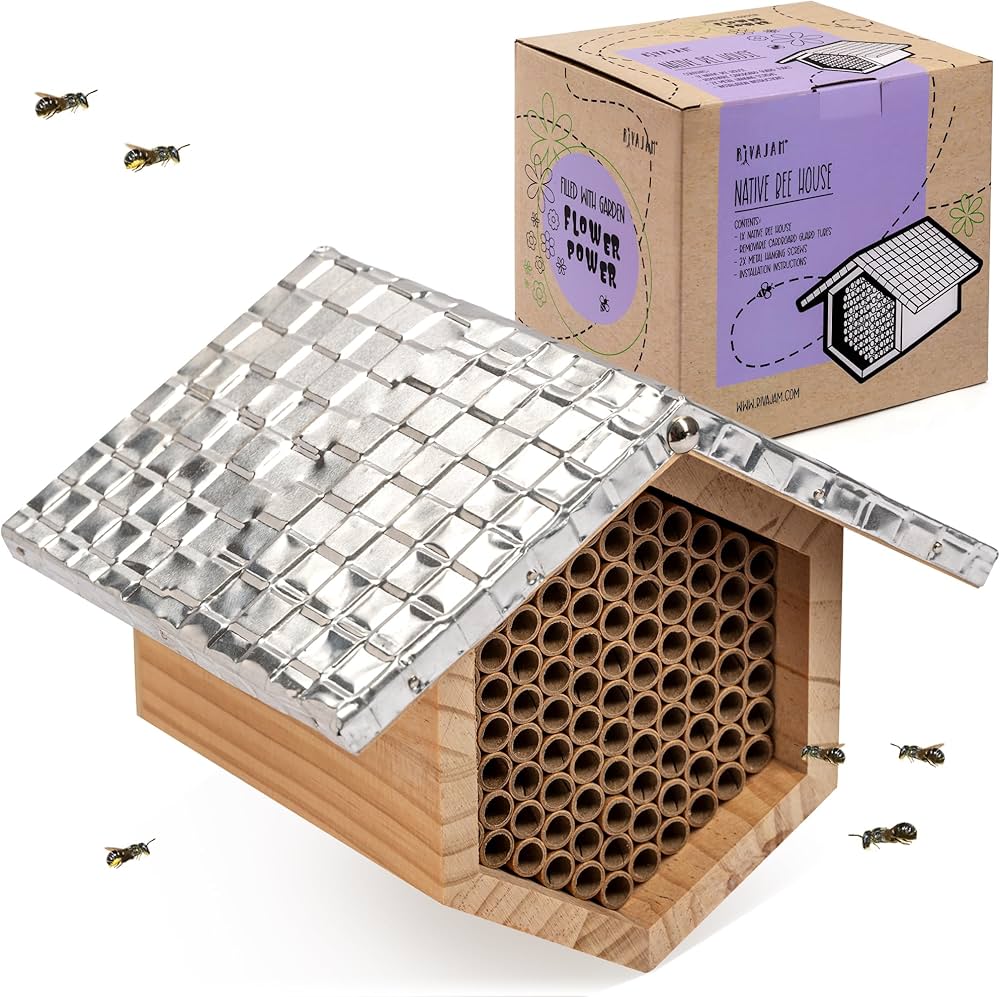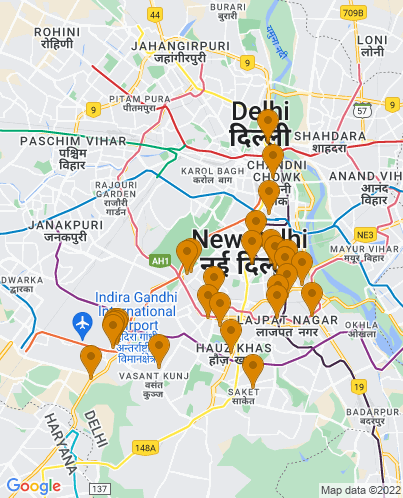
Bee hotels provide essential nesting sites for solitary bees, boosting local pollination. They can attract pests if not maintained properly.
Bee hotels offer a sanctuary for solitary bees, crucial pollinators for many plants. These structures mimic natural habitats, encouraging bees to nest and thrive. By installing bee hotels, gardeners and farmers can enhance pollination and boost crop yields. They are simple to set up and require minimal maintenance.
Bee hotels also serve as educational tools, promoting awareness about bee conservation. However, improper maintenance can lead to pest infestations, affecting bee health. Choosing the right location and regularly cleaning the hotels can mitigate these risks. Overall, bee hotels provide significant ecological benefits and support biodiversity.

Credit: rivajam.com
Introduction To Bee Hotels
Bee hotels provide a safe place for bees. They help in pollination. This boosts plant growth. Bee hotels are easy to make. They can be put in gardens or yards. Bees can find shelter in these hotels. This helps increase bee populations. Bee hotels also help educate people about bees.
More people are using bee hotels. Gardens and schools like them. Bee hotels are a fun project. They are also useful for the environment. Bees are very important. They help plants grow. This is why bee hotels are popular.
Types Of Bee Hotels
Bee hotels can be made from various materials. Common materials include wood, bamboo, and reeds. Wood is durable and easy to shape. Bamboo is light and eco-friendly. Reeds are natural and offer many small spaces. Each material offers unique benefits for bees.
Bee hotels come in different designs. Some have small tubes, while others have large holes. Some designs are simple, while others are elaborate. Various designs can attract different types of bees. Experimenting with different designs can help you find the best one for your garden.
Benefits For Gardeners
Bee hotels help in boosting pollination in gardens. More bees visit flowers and plants. This leads to more fruits and vegetables. Your garden will look more colorful and lively. Bees are important for a healthy garden.
Bee hotels support biodiversity in your garden. Different types of bees can live in the hotel. This helps balance the ecosystem. A variety of bees means a variety of plants. Your garden will be more vibrant and diverse.
Potential Drawbacks
Bee hotels can attract unwanted pests. Ants, wasps, and mites are common intruders. These pests can harm the bees. They might take over the hotel. This can reduce the bee population. It can also affect their health.
Bee hotels need regular maintenance. Cleaning and inspecting are important tasks. Rotting wood and mold can be problems. Damaged parts need replacing. Without care, bee hotels can become unsafe.
Ideal Placement
Bee hotels need plenty of sunlight. Place them where they get sun in the morning. Shade in the afternoon is also important. This helps keep the bees cool. Avoid placing them in total shade. Bees love warmth for flying. Sunlight helps them stay active and healthy.
Place bee hotels under a roof or overhang. This protects them from rain and snow. High winds can also be harmful. Secure the bee hotel firmly to prevent falling. Choose a spot with good airflow. This keeps the bee hotel dry. Avoid placing them near pesticide areas. Chemicals can harm bees. Safe spots help bees thrive.

Credit: rivajam.com
Maintenance Tips
Bee hotels need cleaning once a year. Remove old nests and debris. Use a brush to clean holes gently. Do not use chemicals. They can harm bees. Replace damaged materials. Check for mold and pests.
Check bee hotels in early spring. Make sure they are dry. Move bee hotels to a sheltered spot in winter. Protect them from rain and snow. Keep an eye on them in summer. Ensure no overgrown plants block the entrance.
Common Misconceptions
Many people think bees love all types of bee hotels. Different bee species have unique preferences. Some prefer small holes, while others like bigger ones. It’s important to know your local bee species. This helps in creating a more effective bee hotel.
Bee hotels can sometimes attract pests. Mites and fungus are common issues. Cleaning the hotel regularly helps. Use safe materials to avoid harming the bees. Also, place the hotel in a safe location. Avoid areas with strong winds or heavy rains.

Credit: www.amazon.com
Frequently Asked Questions
Are Bee Hotels Worth It?
Yes, bee hotels are worth it. They provide essential habitats for solitary bees. Supporting bee populations boosts pollination and biodiversity.
What Are The Cons Of A Bee House?
Bee houses can attract pests and predators. They may also lead to overcrowding and spread of diseases among bees.
Do Bee Hotels Attract Carpenter Bees?
Bee hotels do not attract carpenter bees. Carpenter bees prefer nesting in wood, while bee hotels are designed for solitary bees.
Do Bee Hotels Attract Wasps?
Yes, bee hotels can attract wasps. To minimize this, choose designs with small entrance holes. Regular maintenance helps keep wasps away.
Conclusion
Bee hotels offer a unique way to support local pollinators. They provide crucial shelter for solitary bees. While they have benefits, potential maintenance and pest issues exist. Weighing the pros and cons can help you decide if a bee hotel suits your garden.
Supporting bees can boost biodiversity and plant health.





